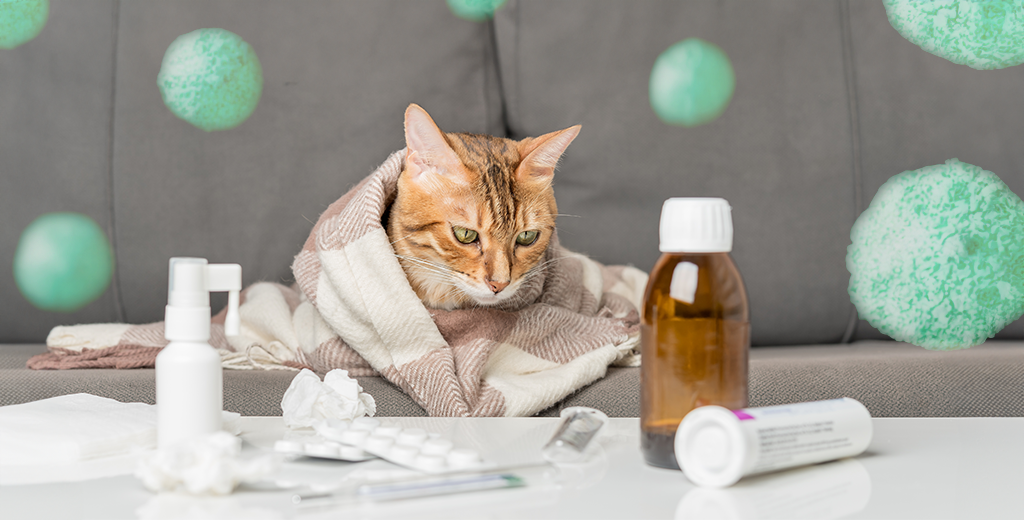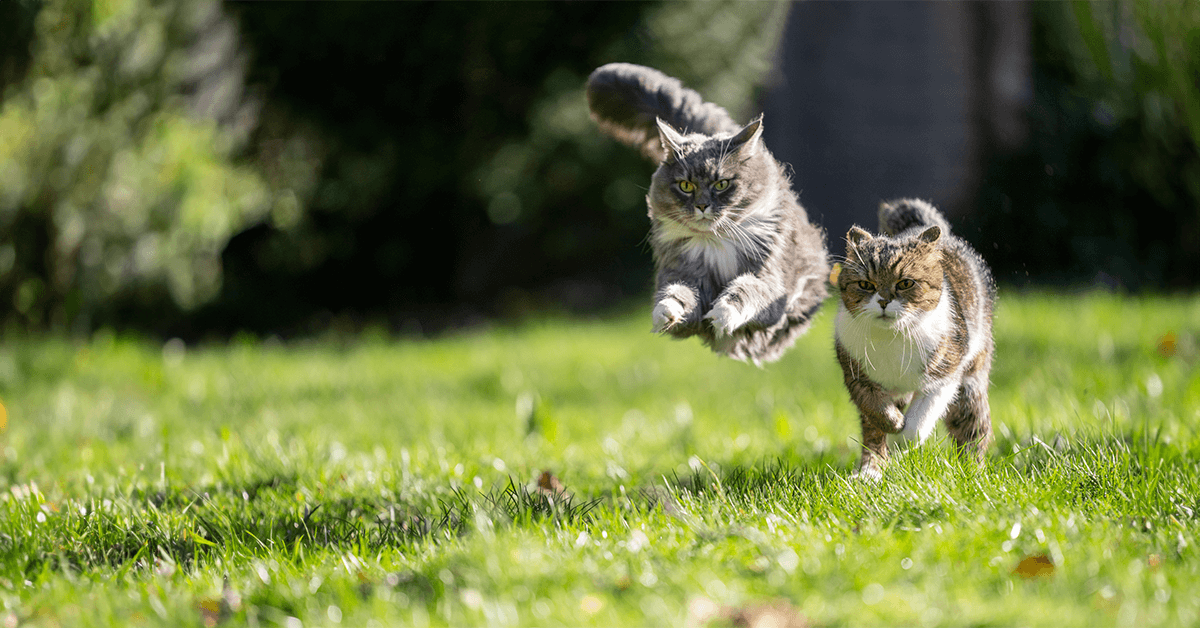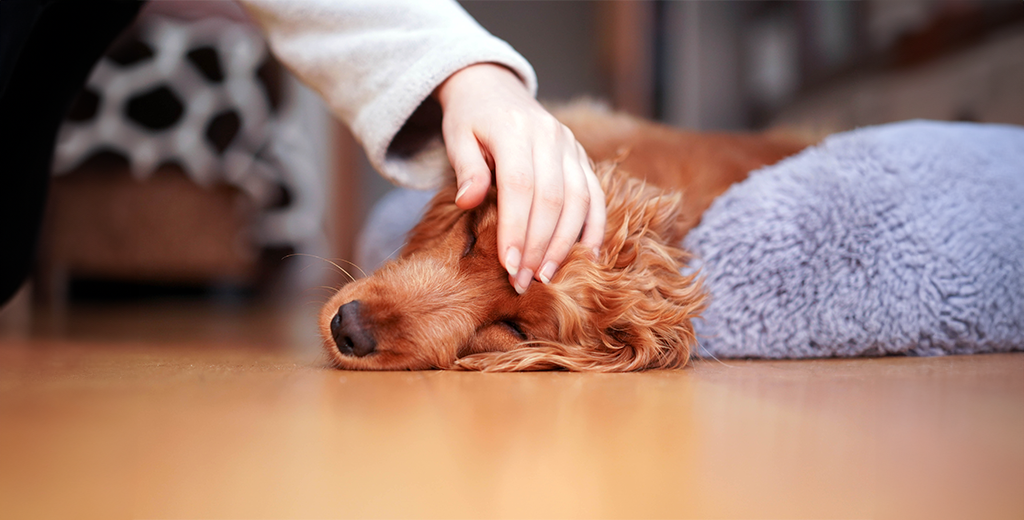Cat sneezing is a common yet concerning issue for pet owners. While occasional sneezes are usually harmless, frequent sneezing may signal an underlying health problem that needs attention. Understanding the causes of sneezing in cats is essential for effective management and treatment.
In this post, we’ll explore five effective ways to help reduce your cat’s sneezing. Let’s get started!
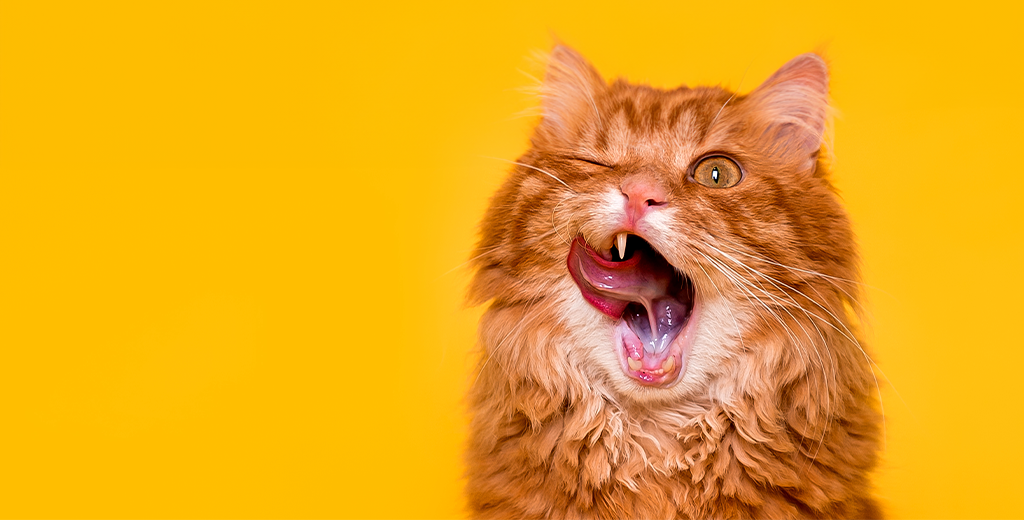
What Causes Cats to Sneeze?
Several factors can lead to sneezing in cats, including:
- Upper Respiratory Infections: Viral infections, such as feline herpesvirus or calicivirus, are common culprits.
- Allergies: Cats can be allergic to various environmental factors like pollen, dust, mold, and certain foods.
- Irritants: Strong odors, smoke, or household chemicals can irritate a cat’s nasal passages.
- Dental Issues: Problems with teeth or gums can lead to sneezing due to the proximity of dental roots to nasal passages.
- Foreign Objects: Occasionally, something may become lodged in a cat’s nose, prompting sneezing as a reflex to expel it.
No matter the cause, there are effective strategies you can implement to help reduce your cat’s sneezing and improve their comfort.
5 Ways to Ease Cat Sneezing
1. Maintain a Clean Environment
Keeping your home clean and free of dust, mold, and allergens can significantly reduce your cat’s sneezing. Regularly vacuum carpets, wash bedding, and use air purifiers to maintain good air quality. Avoid using strong cleaning products or fragrances that could irritate your cat’s sensitive nose.
2. Use a Humidifier
Dry air can aggravate respiratory issues in cats. A humidifier can help keep the air moist, making it easier for your cat to breathe and reducing the likelihood of sneezing. This is especially helpful during dry winter months when indoor heating can lead to low humidity levels.
3. Monitor for Allergens
If you suspect allergies are causing your cat’s sneezing, try to identify and eliminate potential triggers. Common allergens include certain types of litter, food ingredients, or seasonal pollen. Keeping a diary of your cat’s sneezing episodes may help pinpoint patterns related to specific environmental changes.
4. Provide Fresh Water
Encouraging your cat to drink plenty of water can help thin mucus and keep their nasal passages clear. Ensure fresh water is always available, and consider offering water-rich foods as treats to keep them hydrated.
5. Consult Your Veterinarian
If your cat’s sneezing persists or is accompanied by other symptoms, such as nasal discharge, coughing, or lethargy, it’s crucial to consult your veterinarian. They can perform a thorough examination and recommend appropriate treatments, which may include medications or further diagnostic tests.
Solution for Your Cat’s Sneezing
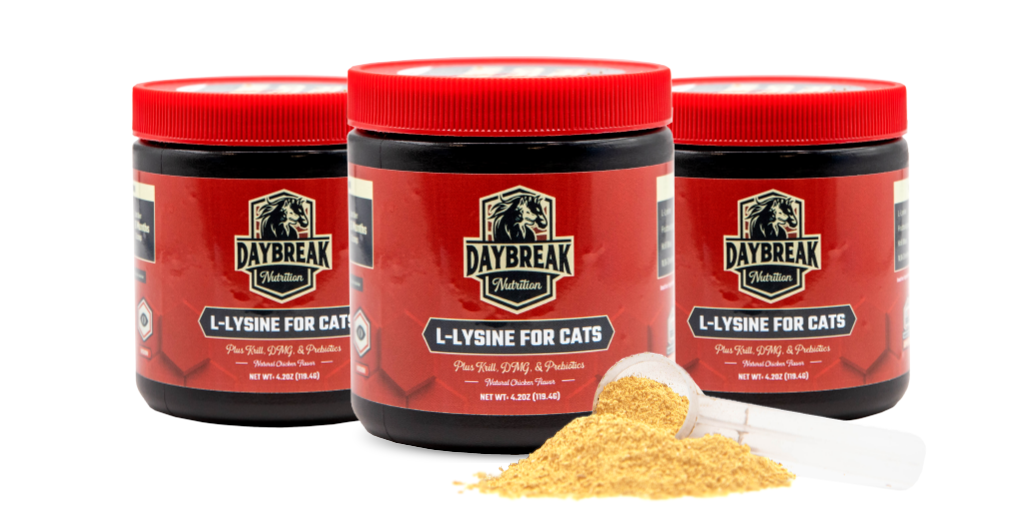
Frequent sneezing in cats can indicate underlying health issues, but implementing effective strategies can ease their discomfort. A great option to consider is L-Lysine. This amino acid is beneficial for cats prone to upper respiratory infections as it helps inhibit the replication of the feline herpesvirus, potentially reducing sneezing episodes.
You might want to look into Daybreak Nutrition’s L-Lysine for Cats, which supports respiratory health and includes prebiotics for gut health. Just follow the recommended dosage to help your furry friend feel better.
By taking these steps and exploring solutions like L-Lysine, you can improve your cat’s respiratory health and overall well-being. Always prioritize your cat’s health and consult a veterinarian if you have concerns about their sneezing or any other symptoms.
Thank you for reading!
